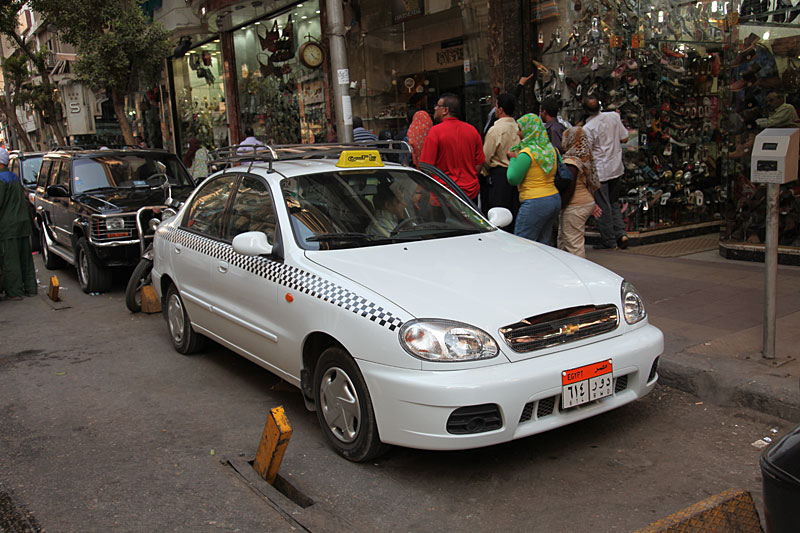
The Egyptian Competition Authority (ECA) has approved of Uber’s merger deal with Careem and their subsequent operations in the country in accordance to certain regulatory obligations and restrictions, as per ECA’s official statement.
In March 2019, it was announced that Uber and Careem have reached an agreement for Uber to acquire Careem for $3.1 billion, consisting of $1.7 billion in convertible notes and $1.4 billion in cash.
Uber will acquire all of Careem’s mobility, delivery, and payments businesses across the greater Middle East region, ranging from Morocco to Pakistan, with major markets including Egypt, Jordan, Pakistan, Saudi Arabia, and the United Arab Emirates.
Upon merging, Careem will become a wholly-owned subsidiary of Uber, preserving its brand in the 14 countries and 100 cities where it operates.

In September, the ECA warned the ride-hailing giants of proceeding with the merge and carrying operations in Egypt without permission, citing concerns with monopoly and protection of competition.
“In the absence of regulations to manage the situation, completing the deal would lead to the creation of the following damages: increased prices, low service levels, few options available to the consumer, absence of innovation, and the possibility of damage extending to the relevant markets,” read the recent ECA statement.
The regulations which will need to be implemented concern various aspects of the applications’ services such as : setting a maximum surge price to not 2.5 times of the ride, a cap on the price increases for UberX and Careem Go rides, a limit on ride reduction prices on Uber and Careem buses, and an allocated percentage to driver recruitment among others.
Moreover, the ECA will be appointing a watchdog to monitor Uber’s compliance with the regulations which would be implemented initially for a two-year period prior to an automatic renewal of five years.
In September, a new law 2180/2019 stipulated that the companies provide Egypt’s government with customer data if requested.
Moreover, set to be operating under a proper ‘work license’, the companies would thus need to provide a VAT registration, a tax card and commercial records.
According to Al Ahram, almost 200,000 Egyptians are employed by Uber which made its entry into the Egyptian market in 2014.

Its use, along with Careem, soared in popularity despite local criticism from Egyptian taxis which saw their means of livelihood at stake with the foreign competitors favoured for their ease and convenience.







Comments (7)
[…] Egypt Approves of Uber-Careem Merger Deal Under Certain Regulations […]
[…] market competitive. More: Reuters, Wccftech, PYMNTS.com, Engadget, SiliconANGLE, Ahram Online, Egyptian Streets, and EgyptToday. Tweets: @dstallibrass More: Yousef Saba / Reuters: Egypt competition watchdog […]